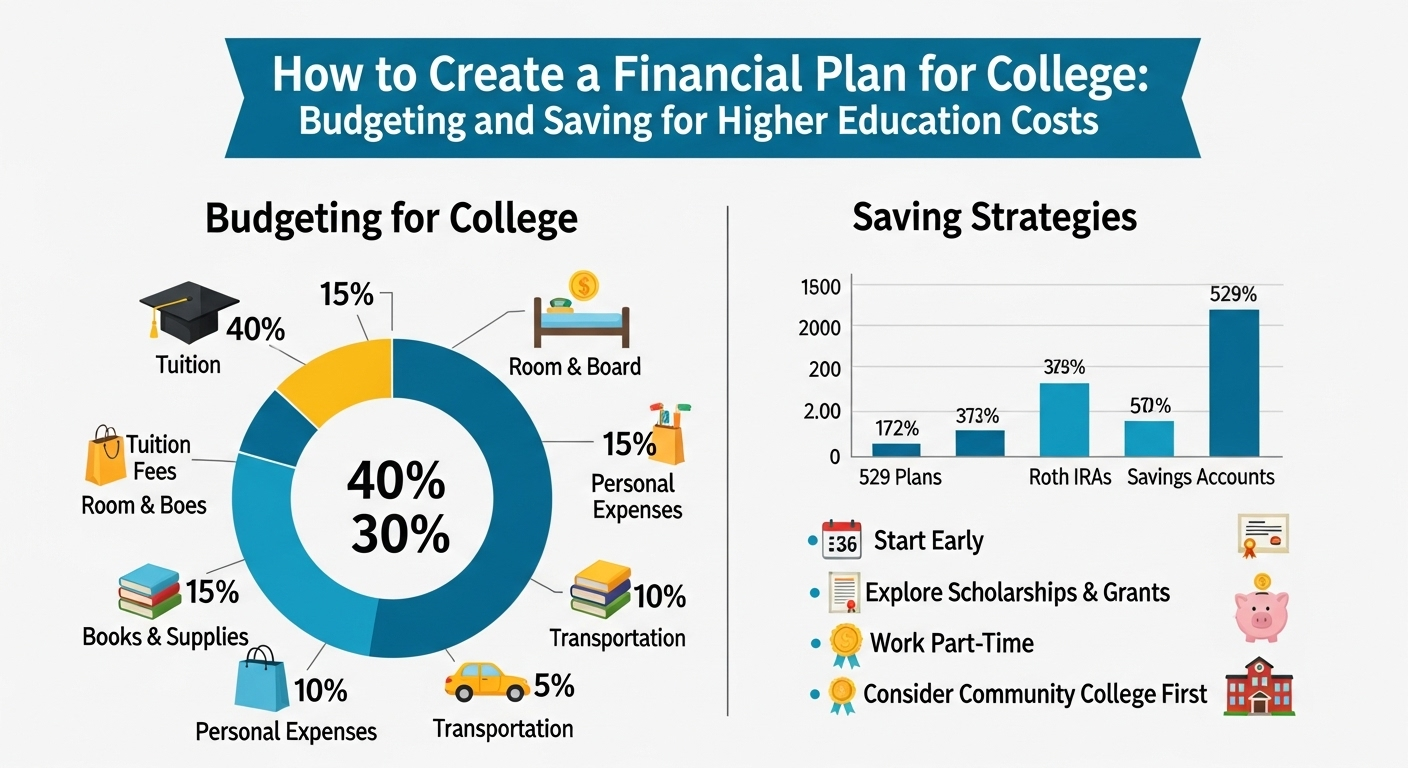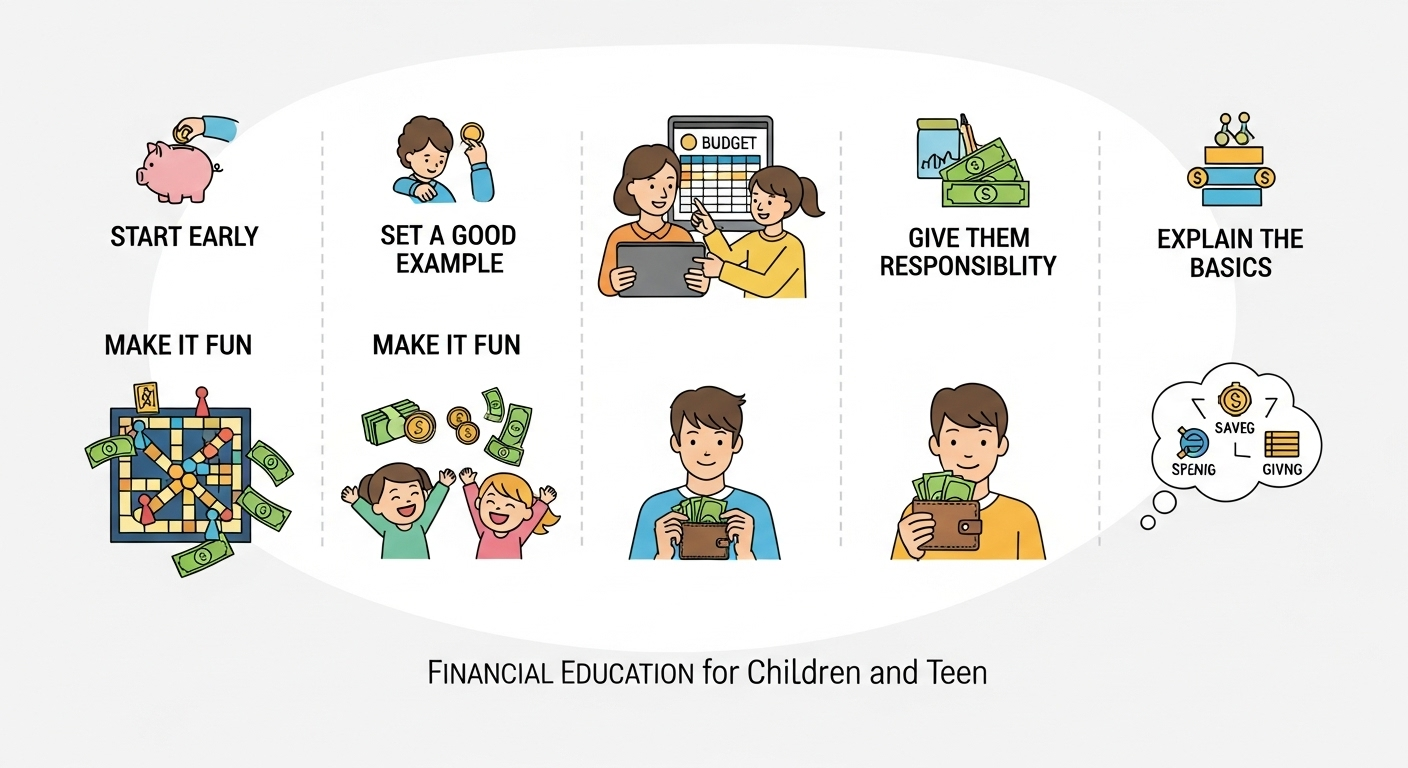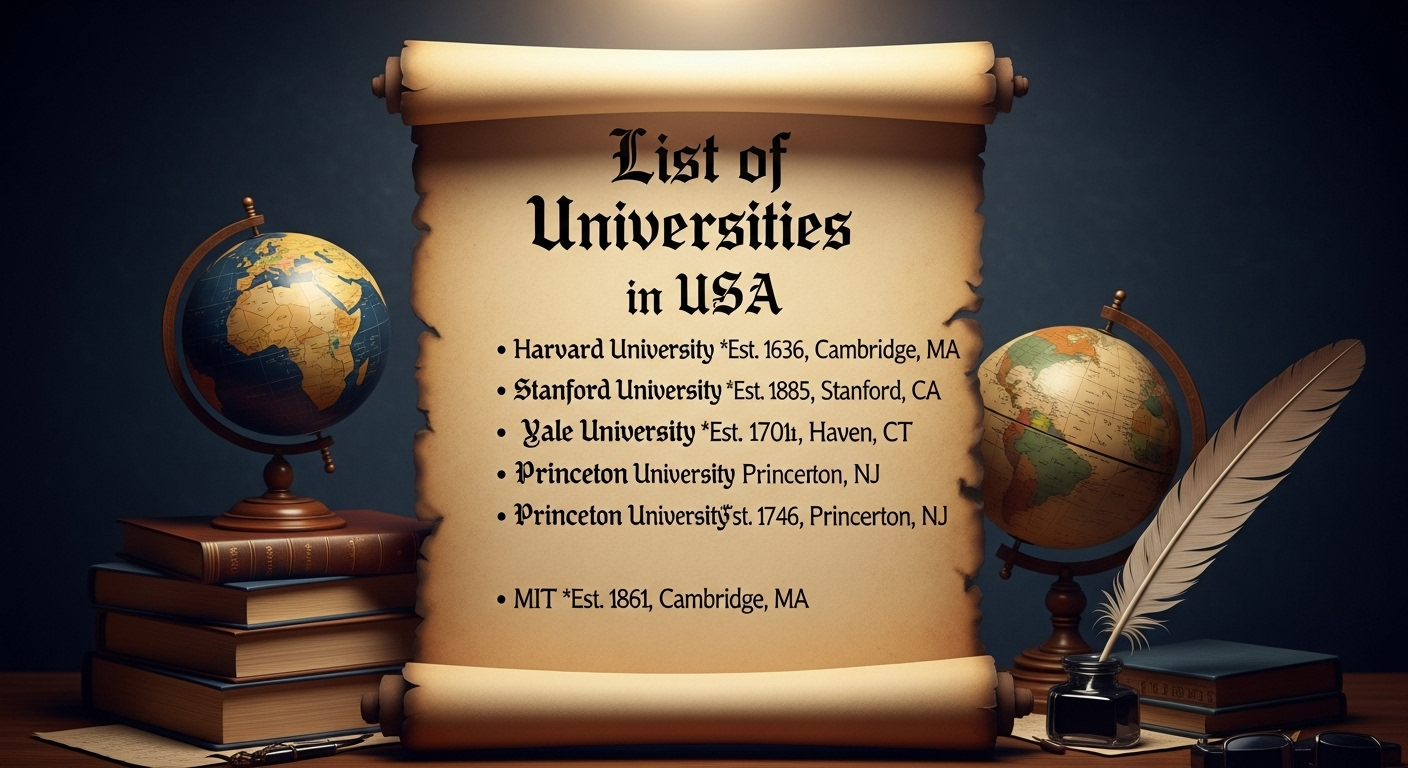
You did it. Four years. Late-night study sessions fueled by chai and desperation. Practical labs that never seemed to work. A mountain of assignments. It all culminates in this one moment, holding a piece of paper that feels both incredibly heavy and strangely light—your B.Tech degree.
I remember that feeling so clearly. There’s the photo-op with the black robe, the celebrations with friends, the proud look on your parents’ faces. For a day, maybe a week, you’re on top of the world. You’re an engineer!
But then, the quiet creeps in. The congratulatory calls stop, and a new question starts to get louder, from relatives, from your parents, and most terrifyingly, from the person in the mirror: “What next?” And that, my friend, is when the real engineering challenge begins—designing your own life.
Let’s be honest. For many of us, the four years of engineering were a track we were put on. The path was laid out: pass this exam, complete that assignment. Now, for the first time, the tracks have disappeared, and you’re staring at an open field with a hundred different paths, and the pressure to pick the “right” one is immense.
The Great Indian Crossroads: Deconstructing ‘The Plan’
There seems to be an unwritten script for every B.Tech graduate in India. It usually has three main plotlines:
- The Placement Hero: Land a high-paying IT job during campus placements, preferably with a six-figure salary that you can casually drop into conversation.
- The Scholar: Immediately start preparing for GATE to get into a top college for your M.Tech, because a B.Tech is “just not enough anymore.”
- The Manager: Grind for the CAT to get into a premier IIM, because an MBA is the ultimate key to corporate glory.
Sound familiar? The frustrating thing is that we’re so busy trying to fit into one of these boxes that we rarely stop to ask if we even like the shape of the box. These aren’t career options; they’re default settings. And your first job after graduation is to question the default.
What if none of those feel right? What if the idea of coding for a bank makes you miserable? What if you’re burnt out from exams and the thought of more studies makes you want to scream? It’s okay. It doesn’t mean you’ve failed. It just means your path isn’t on the main highway.
The Core vs. IT Tug-of-War: Passion, Paychecks, and Pragmatism
This deserves its own section. It’s the epic battle raging in the heart of every Mechanical, Civil, or Electrical engineer. You spent four years studying thermodynamics or circuit design, but the highest paying jobs after B.Tech seem to be in IT. Your friend from the Computer Science branch just got a package that’s double what the core companies are offering.
What do you do?
I’ve seen so many smart engineers abandon their field for a higher starting salary in IT. Sometimes it works out. But I’ve also seen the burnout that comes from doing work you have no passion for. The money is great, but it can feel hollow if you hate logging in every morning.
Here’s how I think about it:
- Short-Term vs. Long-Term: The IT job might pay more *now*. But a brilliant engineer in a core field, who is genuinely passionate and good at what they do, can have incredible long-term growth. Don’t compare your starting salary to someone else’s. Compare your potential 15-year career path.
- The Hybrid Approach: The world is changing. A Mechanical engineer who knows how to code and can work on automation is invaluable. A Civil engineer who understands data analytics for smart city planning is a rockstar. Think about how you can use tech skills *within* your core domain. It doesn’t have to be an either/or choice. For some creative ways to think about skill blending, check out a fresh perspective on liittlewonder.com.
Ultimately, this is a personal call. But don’t make it purely based on the CTC mentioned in a job offer. Your happiness and job satisfaction are worth more than you think.
Your Degree is a Passport, Not a Destination
Let me put this another way. Your B.Tech degree doesn’t guarantee you anything. It just gets you past the security check at the airport. It proves you have the basic aptitude and endurance. But to actually fly somewhere, you need skills. Real, tangible skills for B.Tech graduates that companies are desperate for.
When I look at resumes, I don’t just look at the college name or CGPA. I look for what you’ve done.
- Projects: That final year project you did? It’s not just for grades. It’s your proof of work. Talk about it, be passionate about it, explain the challenges you faced.
- Internships: Even a two-month internship is gold. It shows you’ve survived a real work environment.
- Beyond the Curriculum: Did you learn Python on your own? Did you participate in a hackathon? Did you build a simple app? This shows initiative, and initiative is everything.
As major Indian publications like Reuters often report on the skills gap, it’s clear that companies are looking for more than just degrees. Your side projects and self-learning journey tell a more compelling story than your marksheet ever will.
Exploring new skills is part of the journey. For a different take on personal development, you can find inspiration at this site.
FAQs That Are Probably Keeping You Up at Night
Is it okay to take a break after graduation in B.Tech?
Absolutely. Taking a few months to decompress, figure out what you really want, or work on a specific skill is not a waste of time. It’s an investment in clarity. Just be prepared to explain what you did during that time. “I learned a new programming language and worked on three personal projects” sounds a lot better than “I was just chilling.”
My grades aren’t great. Am I doomed?
No. Good grades help you get through the initial screening at some big companies, but once you’re in an interview, it’s your skills, your communication, and your problem-solving ability that matter most. Focus on building a strong project portfolio and be prepared to ace the technical rounds. Your skills will eventually speak louder than your CGPA.
I have no idea what my ‘passion’ is. What should I do?
Join the club! Very few people know their passion at 21. Don’t wait for a magical moment of clarity. Just start doing things. Take a job that seems interesting, even if it’s not “perfect.” Work on a project. You don’t discover your passion by thinking; you discover it by doing. Action creates clarity.
Should I really consider higher studies like an M.Tech or MBA right away?
My personal opinion? Getting 1-2 years of work experience before pursuing higher studies after your B.Tech can be incredibly valuable. It gives you context for what you’re learning, clarifies your career goals, and makes your application much stronger. An MBA or M.Tech is not an escape route from the job market; it’s a tool to accelerate a career you’ve already started.









